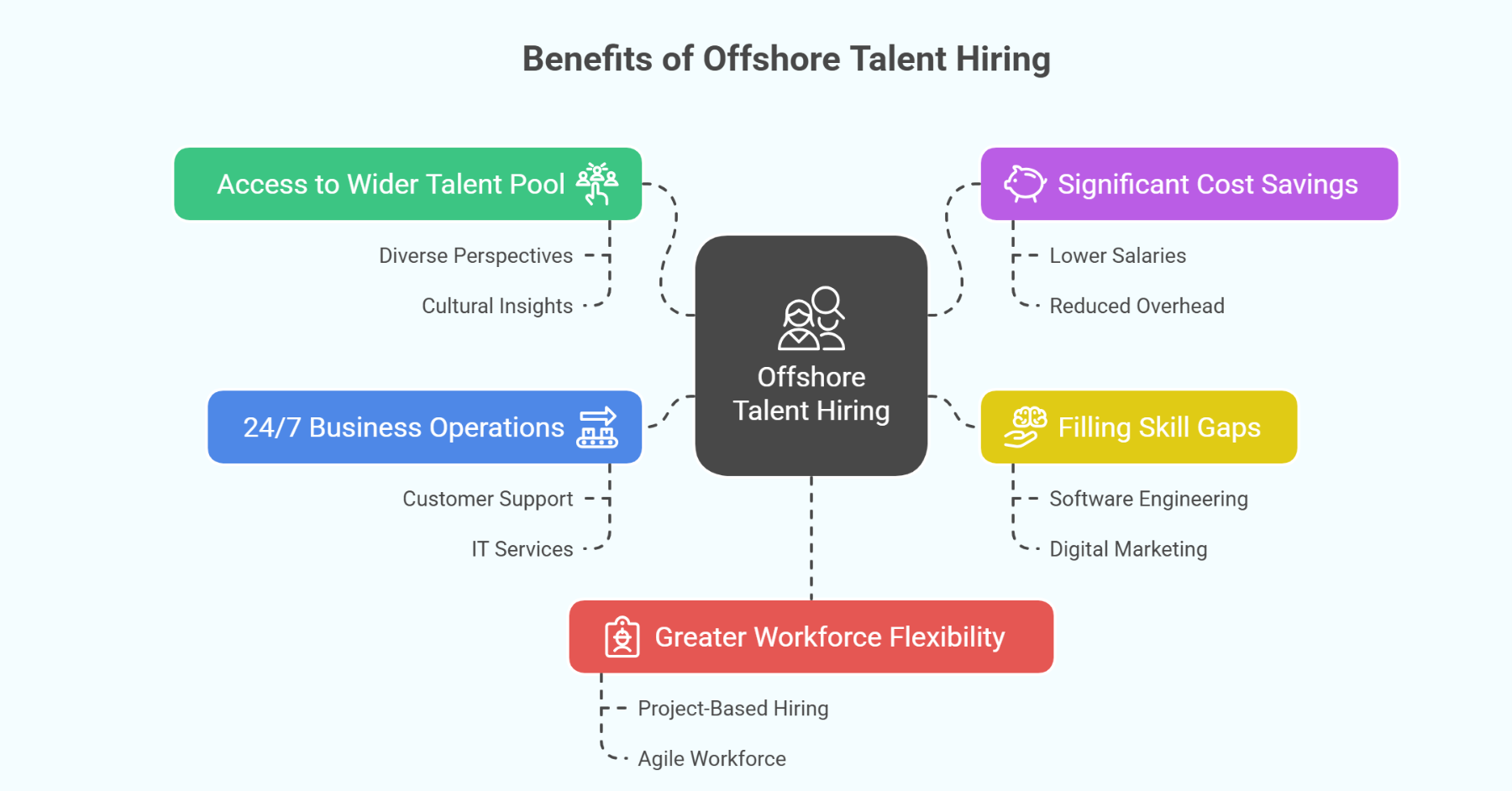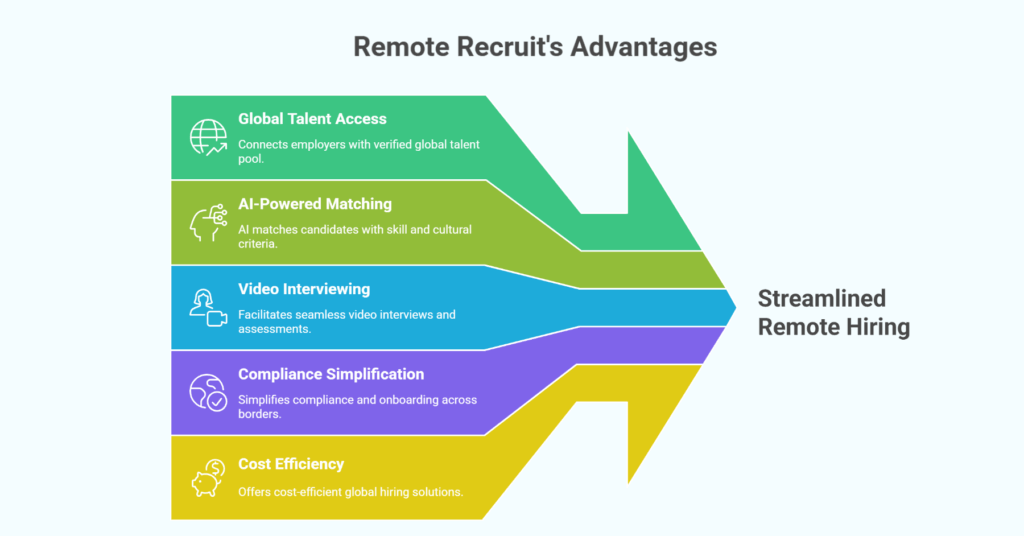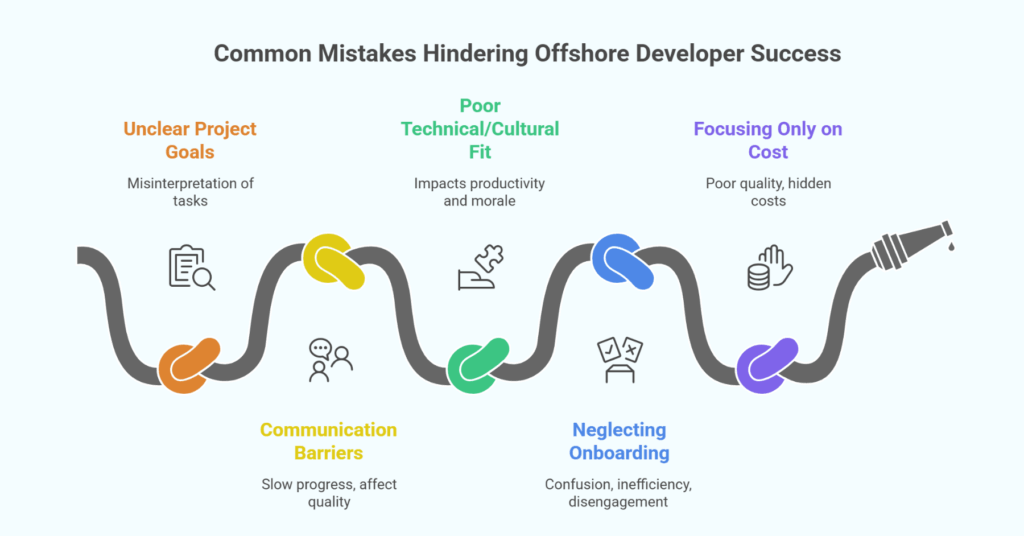Offshore Remote Jobs are transforming the way businesses scale, offering access to global talent while significantly reducing costs.
The modern workforce is no longer confined to physical office spaces or local talent pools. With the rise of offshore remote jobs, businesses now have the opportunity to tap into a global workforce that provides cost savings, specialized expertise, and around-the-clock operations. As companies face increasing competition and pressure to scale efficiently, offshore talent is emerging as a strategic priority for businesses of all sizes.
For employers, offshore remote jobs represent a way to overcome talent shortages in local markets while improving efficiency. From tech and digital marketing to customer support and back-office roles, offshore professionals bring diverse skills that are often hard to find or too costly to hire locally. For job seekers, offshore remote jobs open up access to international companies and provide career growth opportunities without the need for relocation.
This shift is not just about saving money. It is about building a resilient and adaptable workforce capable of meeting modern business challenges. In this article, we explore five reasons why companies are prioritizing offshore talent over local hires and what it means for the future of work.
1) Access to a Wider Talent Pool
One of the most significant advantages of offshore remote jobs is access to a larger, more diverse talent pool. Local hiring can be limited by geography and availability, often leaving employers struggling to find the right skills. Offshore recruitment removes these barriers, enabling companies to connect with professionals across multiple countries and industries.
By broadening their search, employers can find specialists in areas such as IT development, finance, and creative services more quickly and affordably. Access to global talent also fosters innovation by introducing diverse perspectives, cultural insights, and fresh problem-solving approaches that might not exist in a localized hiring market.
2) Significant Cost Savings
Cost efficiency is one of the primary drivers of offshore hiring. Salaries, benefits, and overhead costs are often lower in offshore markets, allowing companies to stretch their hiring budgets further. This does not mean compromising on quality but instead leveraging geographic cost differences to maximize value.
In addition to lower wages, businesses can save on expenses like office space, equipment, and utilities since offshore teams typically work remotely. These savings allow companies to reinvest in growth initiatives such as technology upgrades, marketing campaigns, or product development.
3) Filling Skill Gaps in Local Markets
Local markets often face talent shortages, particularly in highly technical fields such as software engineering, data science, and digital marketing. Offshore remote jobs help companies address these gaps by connecting them with skilled professionals in other regions.
Employers gain access to specialized expertise that may not be readily available or affordable locally. This not only ensures that critical projects move forward without delay but also improves overall competitiveness by keeping businesses ahead of industry trends. Offshore professionals often bring niche expertise, giving companies an edge in innovation and execution.
4) 24/7 Business Operations
Offshore remote jobs enable companies to operate beyond traditional working hours by leveraging time zone differences. For industries like customer support, IT services, and global e-commerce, having employees in different regions ensures round-the-clock productivity and service delivery.
This continuous workflow improves responsiveness and reduces downtime, which is particularly valuable in competitive markets. Employers benefit from increased efficiency and the ability to meet customer demands faster, while employees enjoy flexible schedules that align with their local time zones.
5) Greater Workforce Flexibility
Offshore hiring gives businesses the flexibility to scale teams up or down depending on project needs. Companies can engage offshore professionals on a full-time, part-time, or project-based basis, which reduces long-term commitments and financial risks.
This flexibility allows businesses to remain agile in a rapidly changing economic environment. Offshore workers often bring adaptability and resilience, making it easier for companies to pivot and respond to market shifts. For growing companies, this level of flexibility ensures that resources are aligned with business goals at every stage.
Remote Recruit Solutions for Employers and Job Seekers
Remote Recruit bridges the gap between employers seeking offshore remote jobs and job seekers searching for global opportunities. For employers, the platform provides access to a diverse pool of vetted offshore candidates, advanced screening tools, and video-based recruitment processes to ensure cultural and skills alignment. This reduces hiring time and lowers recruitment costs while maintaining high standards.
Job seekers benefit from Remote Recruit by gaining direct visibility with international employers who value their skills. The platform offers tools like video profiles, skill assessments, and interview preparation resources to help candidates stand out. For both sides, Remote Recruit streamlines the hiring process by offering secure communication channels, structured onboarding, and compliance support.
By connecting businesses with offshore talent and empowering job seekers with the right tools, Remote Recruit creates a seamless hiring ecosystem that saves costs, reduces risks, and drives long-term success.
Conclusion
The rise of offshore remote jobs reflects a global shift in how companies approach hiring. Employers are no longer limited by geography and are increasingly prioritizing offshore talent over local hires for reasons ranging from cost savings to skill availability. The ability to operate 24/7, scale teams flexibly, and access specialized expertise makes offshore hiring an essential strategy for future growth.
For companies, the decision to hire offshore is not just about filling roles but about building a competitive advantage in a global economy. For job seekers, offshore opportunities provide a pathway to work with international employers and advance their careers without relocating.
Remote Recruit supports both sides by offering a reliable, efficient, and cost-effective platform for offshore hiring. Whether you are an employer looking to scale quickly or a job seeker aiming to connect with global opportunities, Remote Recruit is the partner you need to succeed in today’s evolving job market.
Sign up with Remote Recruit today to start building or joining offshore teams that deliver results.
Frequently Asked Questions
1. Why are companies prioritizing offshore remote jobs over local hires?
Companies prioritize offshore remote jobs due to cost savings, access to specialized skills, and the ability to build flexible global teams.
2. What industries benefit most from offshore hiring?
Industries like IT, customer support, digital marketing, finance, and e-commerce gain the most from offshore recruitment due to their global demand for skilled talent.
3. How do offshore remote jobs improve productivity?
Offshore employees working across different time zones enable continuous operations, ensuring faster delivery and improved customer service.
4. Can offshore hiring compromise quality?
No, with the right screening and recruitment platform, companies can ensure high-quality hires who meet business requirements and cultural expectations.
5. How does Remote Recruit help with offshore remote jobs?
Remote Recruit simplifies the hiring process by connecting employers with vetted offshore talent, providing advanced screening tools, and ensuring compliance for smooth onboarding.




